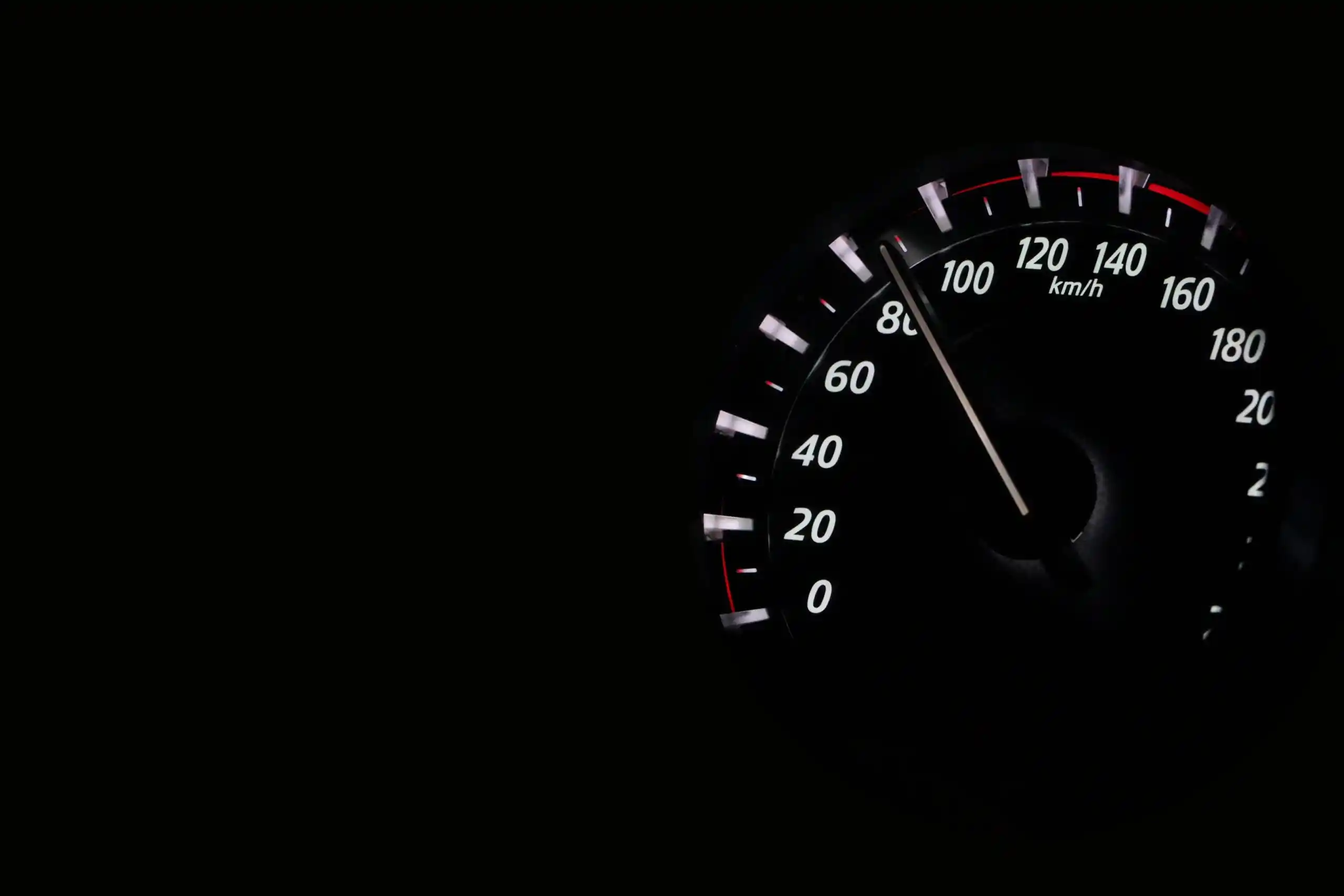
Free Consultation(203) 447-0000

Free Consultation(203) 447-0000

When someone rear-ends you, you almost certainly have a claim for negligence. Negligence has a straightforward meaning; it’s basically carelessness or irresponsibility.
But what if the person was drunk? Or they crossed the double yellow line? That may seem to you like more than carelessness. And the law agrees with you! When a person’s actions are more than just careless, but they show a disregard for an extremely high risk of danger, they’ve acted recklessly. Claims for recklessness have a different standard than negligence, and they also carry higher penalties for the wrongdoer. This article will explain the laws of recklessness and how knowing those laws can help you recover what is fair and reasonable.
To prove negligence, you only need to show that the defendant’s actions were unreasonable according to what an objective “reasonable person” would have done. Taking your eyes off the road is objectively unreasonable. It doesn’t matter if the defendant knew it was unreasonable or not.
By contrast, recklessness requires you to prove that the defendant knew or should have known that their conduct was highly dangerous and that they did the dangerous act anyways. Think of it as though there’s a thought bubble that pops up in the defendant’s head that says, “I know this is dangerous, but I don’t care.” The law defines recklessness as:
Behavior that implies a conscious disregard of a high risk or egregious misconduct that involves an extreme departure from ordinary care and where danger is apparent. It connotes a willingness to take high risks without regard for the consequences or the safety of others
If someone drives 80 mph in a school zone, that is an extreme departure from reasonable care that involves a very high risk of hurting others.
Going back to the thought bubble example, you don’t need to prove that the thought actually existed. You can win on recklessness by showing that the danger was so extreme that it would be obvious to any reasonable person. In other words, if the defendant consciously chose to do something (drive 80 mph in a school zone) that creates such a high risk of injury or death that any reasonable person would know this, then that choice was reckless.
Recklessness on the road has its own rules. Besides proving general recklessness as defined above, you can also recover for what is called “statutory recklessness.” Statutory recklessness arises out of Connecticut General Statutes § 14-295. That law states that if a person violates certain motor vehicle traffic laws, they have acted recklessly as a matter of law. The statute lists the violations that qualify:
It is crucial to call the police to the scene of an accident so they can fill out a report. That report will outline how the other driver was at fault and will say which traffic law they violated.
In recklessness cases, you can recover compensation for all losses and harms you suffered. This includes payment for medical bills, lost wages, and pain and suffering. At the same time, you can also recover punitive damages.
Punitive damages are not designed to compensate you for losses. But rather, they are designed to punish the defendant and deter him from similar future conduct. In Connecticut, juries decide whether someone should be punished for general recklessness with punitive damages, but the judge decides what that amount is.
For statutory recklessness claims, the jury can award double or treble damages. This means that the jury takes whatever amount the compensatory damages are and either doubles them or triples them.
Establishing recklessness can be a powerful tool in obtaining fair and just compensation for your injuries. If you believe you or a loved one was hurt through reckless conduct, you should speak with a knowledgeable and experienced personal injury lawyer today.
Berkowitz Hanna
